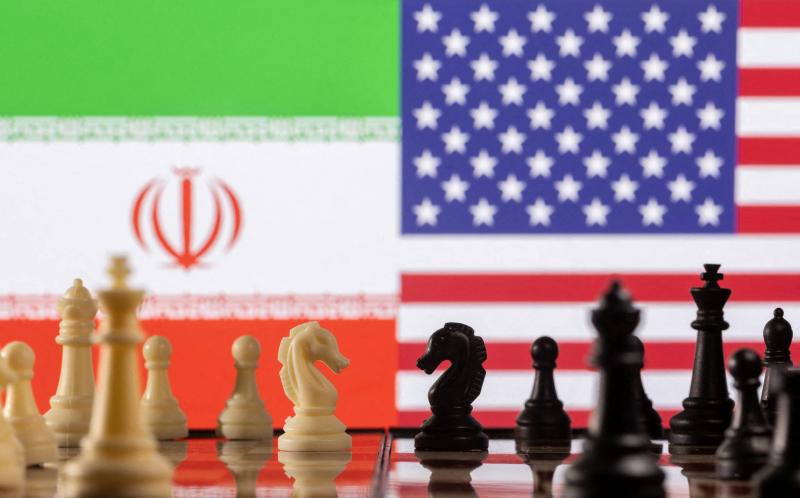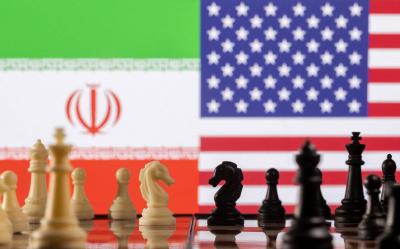The American newspaper "The Wall Street Journal" revealed details about Esmail Qaani, who succeeded Qassem Soleimani in leading the Quds Force of the Iranian Revolutionary Guard after his death in a U.S. strike in January 2020. The source stated that Soleimani had placed the Quds Force at the head of "a network of regional militias that expanded Iranian military influence throughout the Arab world over two decades."
The newspaper described Esmail Qaani as "the mysterious mediator managing the 'Axis of Resistance' in Iran," adding that his current task is "to use this mix of armed groups to expand Iran's footprint in the region without provoking devastating retaliation from the United States."
It explained: "Since taking command of the Quds Force, Qaani has been quietly working to unify the various militias operating under Iranian oversight from Baghdad to the Red Sea, creating what the U.S. government calls the most disruptive situation in the Middle East in decades."
It pointed out that since Hamas's attack on Israel, Esmail Qaani has spent several weeks asking the militias to "ensure that their attacks against Israel and U.S. bases are not so intense that they ultimately ignite a broader regional war."
Qaani was born in the late 1950s and spent most of his career overseeing Iranian interests in Afghanistan. He speaks little Arabic and joined the Revolutionary Guard in 1980. "The Wall Street Journal" added, "Not much is known about his biography."
The report highlighted that Qaani became friends with Soleimani in the early 1980s on the southern front during the Iran-Iraq War, stating that the fighting forged a deep friendship between them. The newspaper explained that since Soleimani's assassination, the U.S. has sought to dismantle "the leadership chain extending from Tehran to its armed allies operating in Syria, Iraq, Yemen, Lebanon, and the Palestinian territories."
It continued: "However, this has not diminished their ability to turn the region upside down; it has made them freer, disrupted shipping in the Red Sea, attacked Israel, and posed an increasing threat to U.S. forces."
U.S. Secretary of State Antony Blinken warned last week, saying, "We have not seen a dangerous situation like we face now across the region at least since 1973, perhaps even before that."
"The Wall Street Journal" noted that "as the wars in Iraq and Syria have receded, the role of the Iranian militia network has changed. Many of them have become part of the political fabric in the mentioned countries... These groups have become self-sufficient, relieving Tehran of some economic burdens in financing them, but this has also reduced their ability to rein them in... This is a problem for Iran."
In this regard, Arash Azizi, a historian at Clemson University in South Carolina and author of Soleimani's biography, stated, "Qaani lacks the charisma in dealing with these groups, and as a result, he struggles much more to keep the groups under control and in line with the broader axis."
According to a senior advisor in the Iranian government, in the aftermath of the "Jordanian attack," Iranian officials traveled to Iraq to inform their allies there that the attack crossed borders by killing American soldiers.
The American newspaper concluded its report by stating: "The question now is whether the militias will listen."




